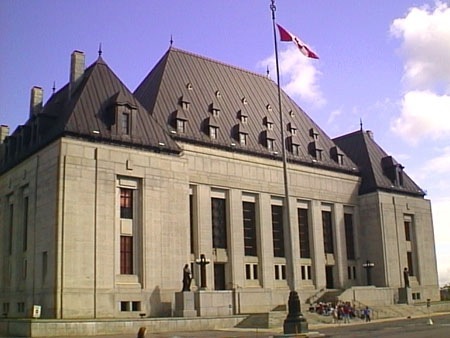On 10 May Alberta's Court of Appeal provided an opinion on reference questions from the Alberta government concerning the validity of the federal Impact Assessment Act or, as Premier Kenney prefers to call it, the "no pipelines law."
Background .
On 9 September 2019 Alberta's cabinet authorized the Alberta Court of Appeal to consider two questions. These were:
Is Part 1 of An Act to enact the Impact Assessment Act and the Canadian Energy Regulator Act, to amend the Navigation Protection Act and to make consequential amendments to other Acts, S.C. 2019, c. 28, unconstitutional in whole or in part, as being beyond the legislative authority of the Parliament of Canada under the Constitution of Canada?
Is the Physical Activities Regulations, SOR/2019-285, unconstitutional in whole or in p...


